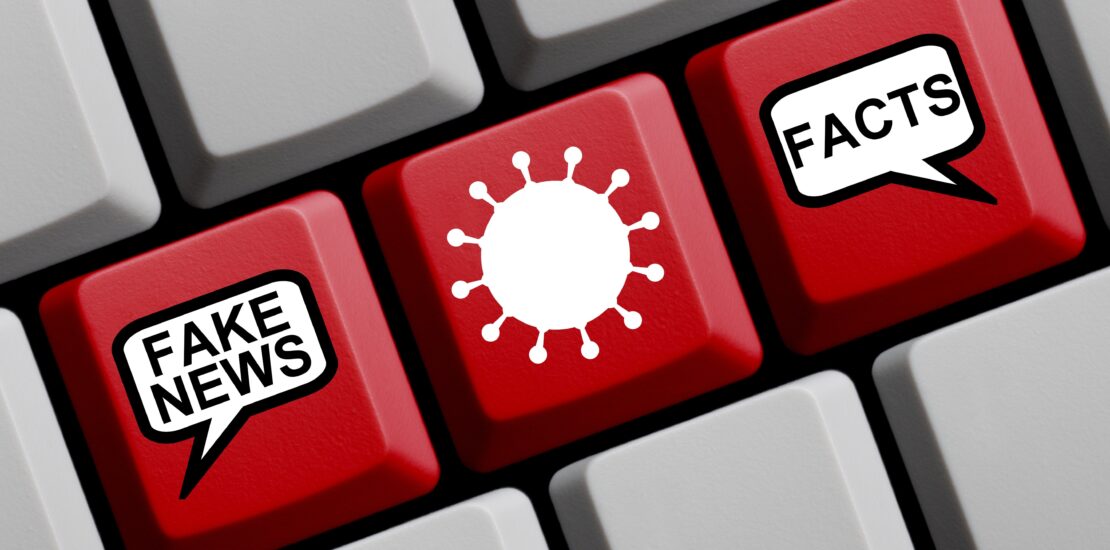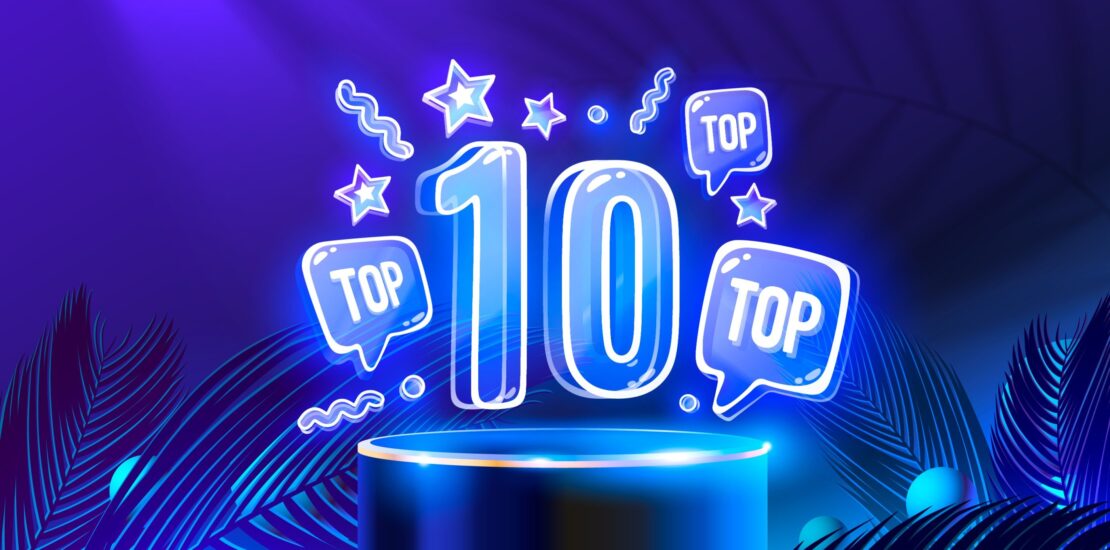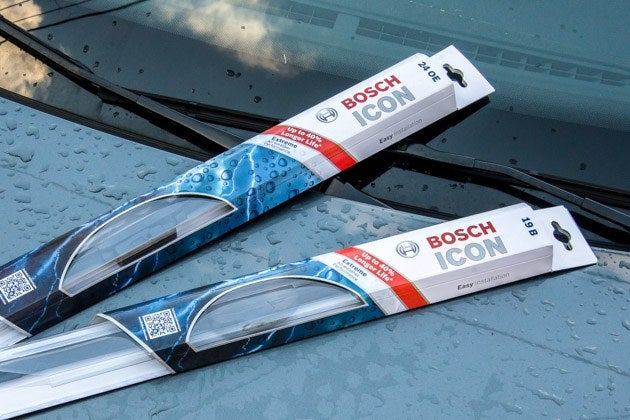sales enablement
-
Homicide Detective Makes Best Case for Sales Process
- March 21, 2024
- Posted by: Dave Kurlan
- Category: Understanding the Sales Force

The author admits that until he conducted his “cold-case investigation” of the New Testament, he was an atheist who always followed the evidence to find the truth. Similarly, a lot of prospects are also non-believers – not necessarily in Jesus – in your product or service. As I read and learned about the author’s methods for uncovering truth, or proof, I felt that salespeople could learn a lot about proof of concept, presenting facts, backing up claims, return on investment, and offering credible testimonials. That’s not nearly the analogy I’m going to make.
Wallace shared a story in the Forward about the time he was shot by a criminal who was on parole, and was not allowed to have a firearm. Up until the moment of the shooting, Wallace believed that a bullet-proof vest would stop a bullet. In the moment of the shooting, he believed in the bullet proof vest. At that moment his belief changed from “belief that” to “belief in.” That was the analogy he wished to apply to the gospels. He wondered if he could find the evidence to replace faith (belief that the miracles occurred) with proof (belief in both Jesus and the miracles).
That also happens to be my analogy from the book. Most salespeople believe that a sales process can help them succeed while the very best salespeople believe in their sales process.
-
Made Up Sales Statistics and Their Contrast to Real Data
- February 2, 2023
- Posted by: Dave Kurlan
- Category: Understanding the Sales Force

A sales consultant who knows that I geek out on sales data read that 84% of salespeople suck because they don’t enjoy what they do. A huge percentage of salespeople do actually suck but the actual number is closer to 75%. Is it really because they don’t enjoy selling?
-
The Top 10 Sales and Sales Leadership Articles of 2022
- December 12, 2022
- Posted by: Dave Kurlan
- Category: Understanding the Sales Force

Criteria: Popularity (views) is nice but quality of content is nicer. Likes are cool but engagement is cooler. Entertainment value counts and my opinion matters because I’m judging the articles. In the end, I’m applying popularity, quality of the content, likes, entertainment, comments, engagement and my opinion to create this list of the top 10 articles.
Enjoy!
-
5 Reasons Sales Teams Underperform Like My Old Wiper Blades
- November 17, 2022
- Posted by: Dave Kurlan
- Category: Understanding the Sales Force

I speak with a lot of CEOs and Sales Leaders from companies whose sales teams are underperforming. One thing they seem to have in common is the mileage problem. When I ask how long the sales team has been underperforming, it is usually the equivalent of 60,000 miles. It’s not a new problem, the signs have been there for YEARS but something recently changed to the extent that they couldn’t tolerate it any longer. The sales team’s performance was finally presenting a threat (safety) whereby one or more of revenue, earnings, sustainability, personal income, stock prices, turnover, market share, morale and more were at risk.
What causes executives to wait so long? Here are five potential reasons:
-
The Irony of Free Passes for Under Performing Salespeople
- October 21, 2022
- Posted by: Dave Kurlan
- Category: Understanding the Sales Force

A typical US sales team consists of 15 people, including a Sales VP, 2 Regional Sales Managers, and 12 salespeople. Of course, there are exponentially larger and smaller sales teams, but this is the version that we most frequently encounter. This team will have no more than 3 performing salespeople, another 3 who sometimes hit their numbers, and 6 who chronically under-perform.
Let’s assume that the salespeople who are ranked 10-12 are not just under-performers, but pathetically ineffective salespeople. At the end of the year, they receive their annual review – the equivalent of an arrest and release – and are back on the street to underperform for another year, making the company both both the victim and the enabler. This is insanity!
-
Not The Top 20 Attributes of Successful Salespeople
- August 1, 2022
- Posted by: Dave Kurlan
- Category: Understanding the Sales Force

The article was 100% junk science and to use the word science would be a disservice to the word junk. Below, you’ll find five reasons why this article was so wrong, so bad, so misleading, so pitiful, and just plain stupid:
-
Why Do Salespeople Forget What They Learn?
- August 21, 2013
- Posted by: Dave Kurlan
- Category: Understanding the Sales Force
Some salespeople are fortunate enough to get trained and/or coached. Maybe it’s an all-day seminar, not really training as much as exposure to some different thinking or approach. We don’t expect anything to change from a single day, so why should you? I went to a short game golf school for a day. It was awesome while I was there, but 4 years later, I can’t do any of the things I learned there. Comprehensive sales training (8-16 months) leads us to expect dramatic change and a significant increase in sales.
-
This is How Sales Managers Should Coach Their Salespeople
- March 13, 2013
- Posted by: Dave Kurlan
- Category: Understanding the Sales Force
A salesperson told me he met with a customer that had taken their business to a competitor because of price. It sounded like they were getting what they were paying for:
-
Harvard Business Review Blog Off Target on Sales Greatness
- March 5, 2013
- Posted by: Dave Kurlan
- Category: Understanding the Sales Force
This recent article in the Harvard Business Review Blog was as far off target as any I have ever debunked. Steve Martin lists 7 characteristics that he says differentiate great sales forces from good ones. His seven are:
-
Why Salespeople Won’t Abandon the Early Demo and Presentation
- March 4, 2013
- Posted by: Dave Kurlan
- Category: Understanding the Sales Force
If you want your sales force to strive for sales excellence, the bottom line is that your salespeople won’t drive this transition and neither will a sales manager. You have to drive it. You must commit to it and it must be a sustained commitment. It’s not a do-it-yourself project, so you must also be prepared to do it correctly, get help from a results-oriented firm, and lead by example.

